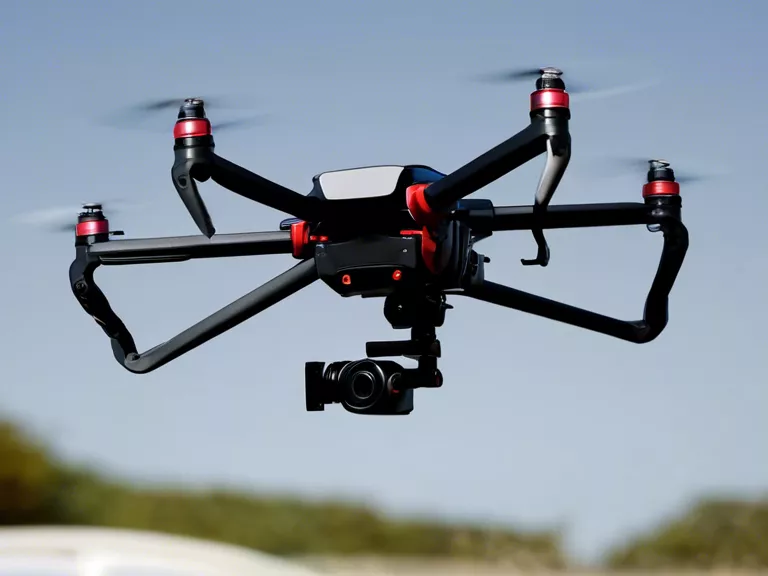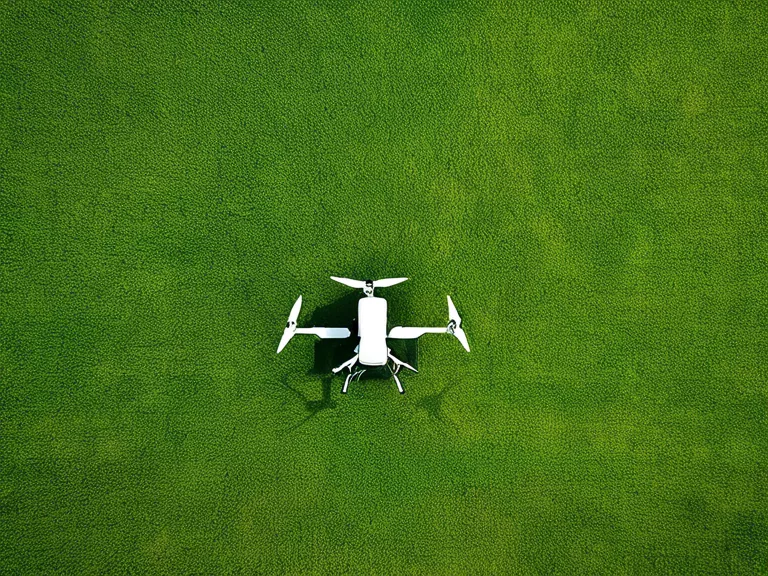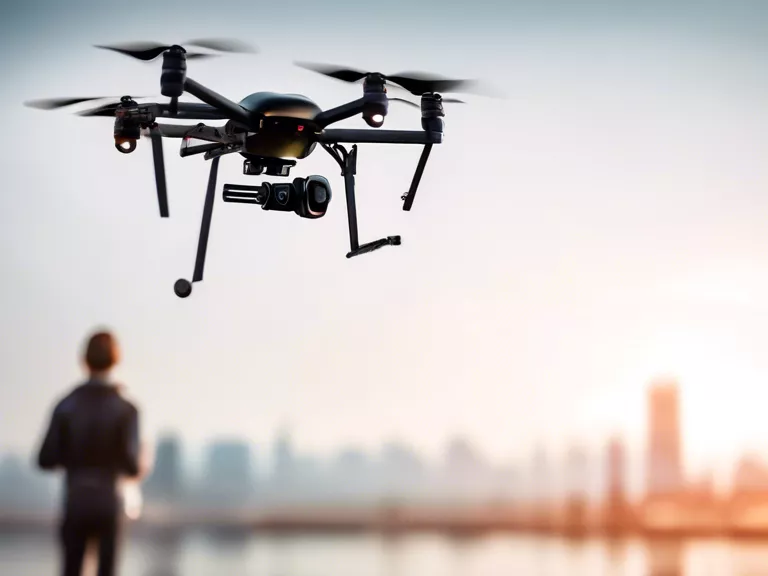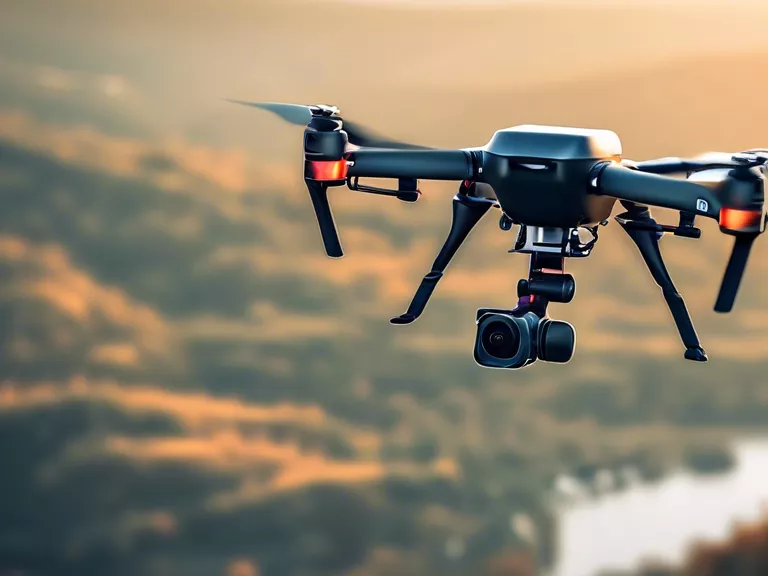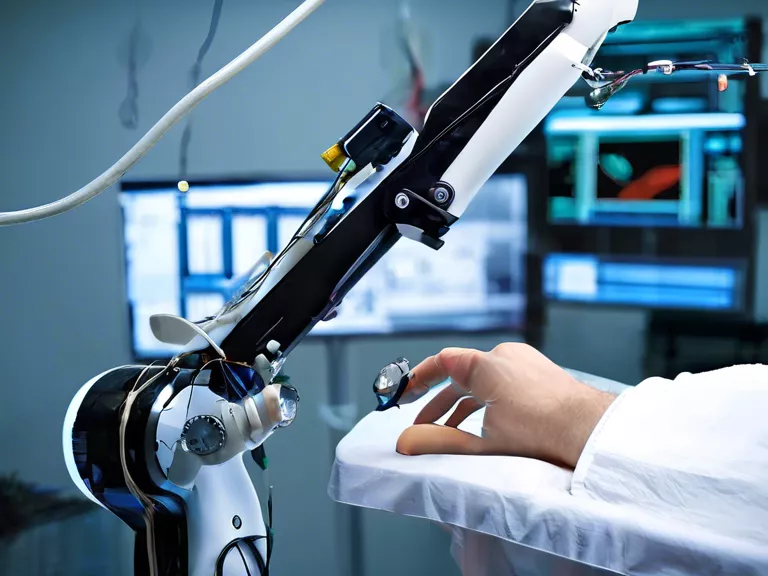
In recent years, the field of robotics has made significant advancements in various industries, including healthcare. One area where robotics has shown immense promise is in surgery. With the integration of robotics into surgical procedures, the future of surgery looks brighter than ever, offering precision, speed, and reduced recovery times for patients.
Robotic surgery involves the use of robotic systems to perform minimally invasive procedures with more accuracy and control than traditional surgical techniques. These systems are equipped with advanced imaging technology and robotic arms that are controlled by skilled surgeons. By using robotic assistance, surgeons can perform complex procedures with improved precision, leading to better outcomes for patients.
One of the key advantages of robotic surgery is the enhanced precision it offers. With robotic systems, surgeons can make smaller incisions and have a better view of the surgical site, allowing for more precise movements and reducing the risk of damage to surrounding tissues. This precision is especially beneficial for delicate procedures, such as neurosurgery or microsurgery, where even the slightest error can have serious consequences.
In addition to precision, robotics in surgery also enables faster procedures. The robotic arms can move with greater speed and dexterity than human hands, allowing surgeons to complete surgeries more efficiently. This not only benefits patients by reducing the time spent in the operating room but also minimizes the risk of complications during longer procedures.
Furthermore, robotic surgery has been shown to reduce recovery times for patients. By making smaller incisions and causing less trauma to the body, robotic procedures result in quicker healing and reduced post-operative pain. This means that patients can return to their normal activities sooner and experience a faster recovery overall.
Overall, the future of robotics in surgery looks promising. As technology continues to advance, we can expect to see even more precise, efficient, and less invasive surgical techniques. With the potential to improve outcomes for patients and revolutionize the field of surgery, robotics is set to play a crucial role in the future of healthcare.
